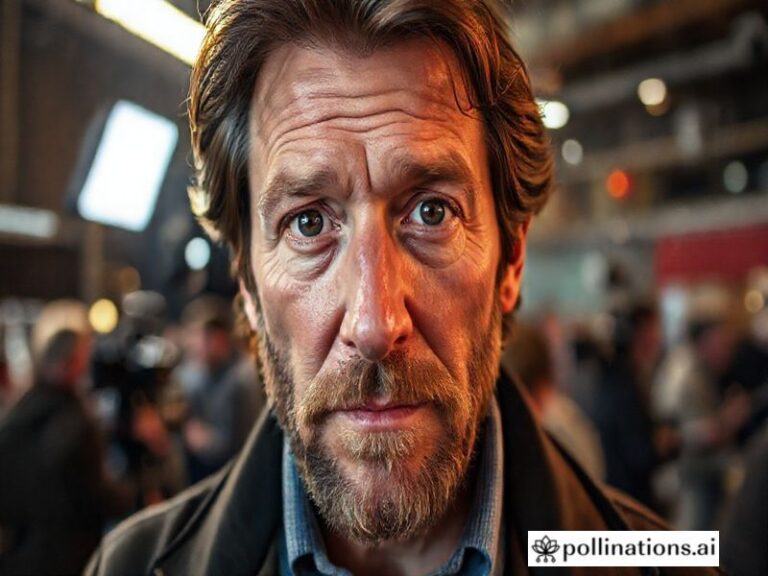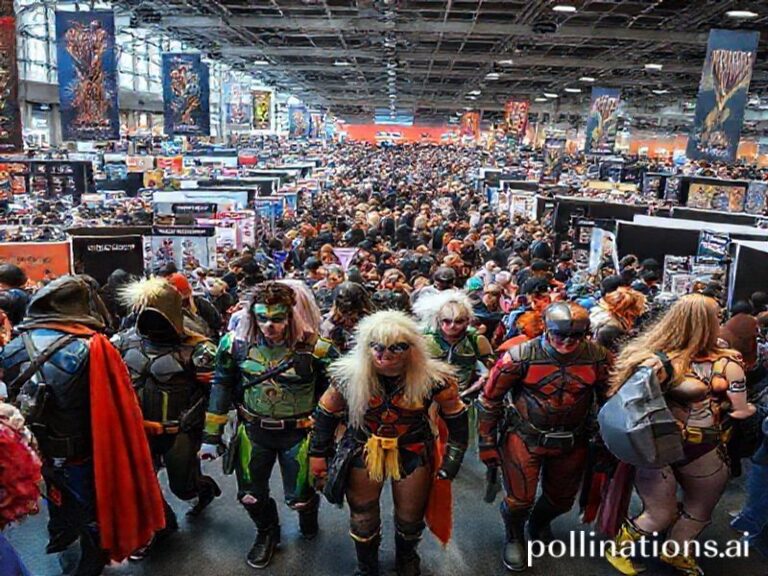hailee steinfeld
PARIS — In a world where geopolitical alliances crumble faster than a croissant in July, one American export has managed to retain diplomatic immunity: Hailee Steinfeld’s face. The 27-year-old singer-actress-emoji-enthusiast has quietly become the soft-power equivalent of an aircraft carrier, bobbing along the 24-hour news cycle projecting cultural hegemony without ever firing a shot—unless you count the prop arrows in “Hawkeye,” which, let’s be honest, Disney counts as kinetic diplomacy.
Steinfeld’s latest transatlantic sortie lands this week in the form of a single called “Coast,” a breezy R&B confection engineered to soundtrack every rooftop bar from Lisbon to Lagos where trust-fund expats pretend the eurozone still matters. The track is being rolled out with the precision of a NATO joint exercise: TikTok teasers in Jakarta, Spotify billboards in Berlin, and, somewhere in the bowels of Universal Music Group headquarters, a whiteboard that simply reads “Don’t mention the writers’ strike.” The strategy is textbook late-capitalist soft power—convince the planet that existential dread goes down easier with a side of mid-tempo groove.
International observers—translation: bored journalists in airport lounges—note that Steinfeld’s brand of weaponized relatability slots neatly between South Korea’s K-pop battalions and France’s last surviving export, Timothée Chalamet’s cheekbones. Where BTS offers synchronized precision and Chalamet offers cheekbones so sharp they could slice the deficit, Steinfeld supplies the illusion of approachability: a former child Oscar nominee who still films iPhone confessionals in Ubers, thereby reminding the global underclass that even multimillionaires get motion sickness.
The economic implications are not trivial. According to the consultancy Armchair McKinsey (motto: “We bill by the vibe”), every Steinfeld Instagram story correlates with a 0.003% uptick in U.S. tourism from Tier-2 Asian markets, which translates to roughly four extra suitcases full of Korean sheet masks landing at LAX per fiscal quarter. Multiply that by the algorithmic aftershock of a single viral chorus and you have the macroeconomic equivalent of a small island nation discovering offshore oil—only instead of petrodollars, the commodity is serotonin.
Of course, the darker corners of the international commentariat wonder aloud whether Steinfeld’s ubiquity is merely a smokescreen for the slow-motion car crash we politely call “the 2020s.” While COP delegates argue over the precise temperature at which Earth becomes uninhabitable, Hailee drops a capsule collection with a Swedish fast-fashion house that promises “carbon-adjacent neutrality.” The collection, manufactured in a factory that moonlights as a TikTok backdrop, retails for the price of a Moldovan monthly wage and sells out in 11 minutes. Somewhere, a polar bear updates its LinkedIn.
Yet the cynics miss a subtler point: in an era when nation-states outsource their emotional regulation to streaming services, Steinfeld functions as a roving embassy of managed vulnerability. Her songs—equal parts heartbreak and cardio playlist—offer the kind of controlled catharsis that used to be the monopoly of organized religion. Vatican attendance may be plummeting, but Apple Music streams of “Wrong Direction” spike every time a central bank hikes interest rates. Coincidence? Ask the ghost of Max Weber, assuming he can get Wi-Fi in sociological purgatory.
As the weekend approaches, diplomats in Brussels will clink glasses of lukewarm prosecco and toast whatever fresh horror the news cycle has belched up. Meanwhile, in a windowless studio in Burbank, Steinfeld will lay down vocals for a track tentatively titled “Soft Power Ballad #7,” engineered by Swedish producers who refer to chord progressions as “demographic vectors.” The song will debut atop the Global Spotify Chart, nudging down a K-pop anthem about heartbreak in Busan and a reggaeton banger about tax evasion in Panama. Somewhere in the middle, the planet keeps spinning—slightly off-axis, sure, but at least the soundtrack slaps.
In the end, Hailee Steinfeld isn’t saving the world; she’s just making the collapse more danceable. And really, in an age when the apocalypse comes with a skip-ad button, that might be the most honest form of diplomacy we deserve.







